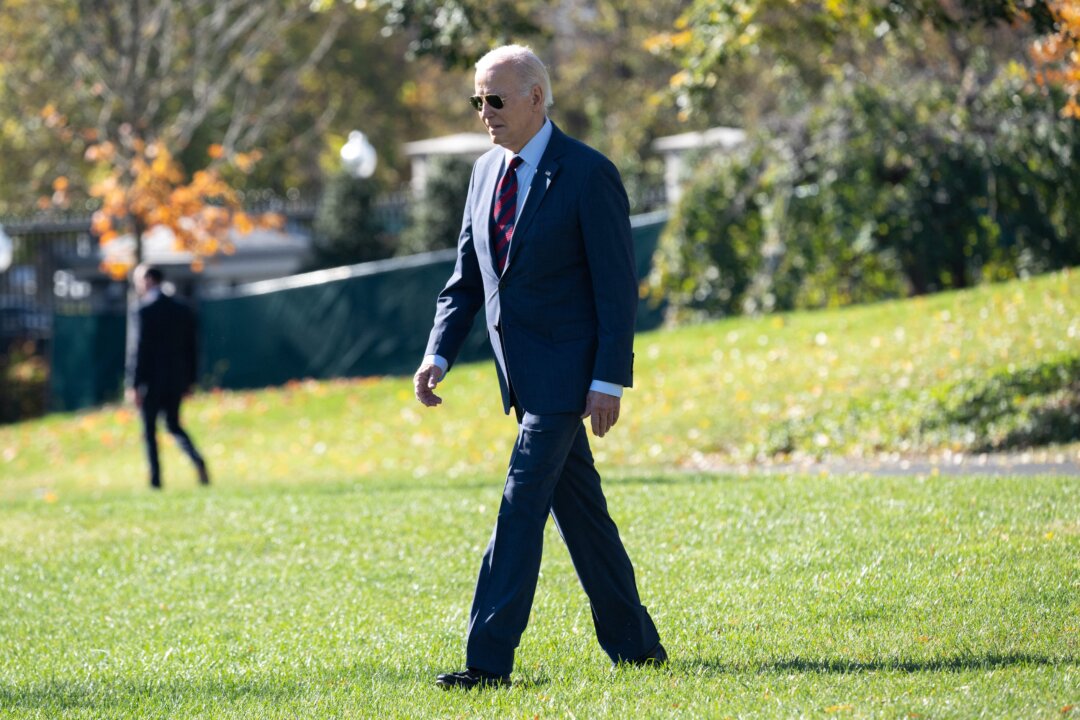EV Mandate Opposition: Car Dealers Double Down

Table of Contents
- Financial Concerns and Investment Challenges
- High upfront costs of EV inventory:
- Lack of government support for dealership transitions:
- Consumer Demand and Market Readiness
- Concerns about consumer readiness for widespread EV adoption:
- Challenges in managing a diverse vehicle inventory:
- Regulatory Hurdles and Policy Uncertainty
- Lack of clarity and consistency in EV mandates across regions:
- Concerns about potential penalties for non-compliance:
- Conclusion
Financial Concerns and Investment Challenges
Dealerships are facing substantial financial headwinds as they navigate the transition to electric vehicles. The high upfront costs associated with EV inventory and the lack of sufficient government support are major contributing factors to the widespread EV mandate opposition.
High upfront costs of EV inventory:
Dealerships face significant financial burdens in stocking EVs due to their higher purchase prices compared to internal combustion engine (ICE) vehicles. This disparity directly impacts profitability.
- Limited profit margins on EVs compared to ICE vehicles: The current pricing model for EVs often results in lower profit margins for dealerships compared to their traditional ICE counterparts. This decreased profitability makes it challenging to justify the significant investment required for EV inventory.
- Need for significant investment in charging infrastructure and specialized EV servicing equipment: Selling EVs requires a substantial investment in charging infrastructure at dealerships and specialized tools and training for technicians to service these complex vehicles. This represents a considerable upfront cost that many dealerships struggle to absorb.
- Uncertainty around consumer demand in certain regions: The demand for EVs varies significantly across geographical locations. Dealerships in areas with lower consumer demand for EVs face higher risks of inventory overhang and financial losses.
Lack of government support for dealership transitions:
Many dealerships argue that current government incentives primarily benefit consumers, leaving dealers to shoulder the disproportionate burden of the transition costs. This lack of support fuels the growing EV mandate opposition.
- Insufficient funding for training mechanics on EV repair and maintenance: The specialized skills required to service EVs necessitate extensive training for mechanics. The lack of sufficient government funding for this training places a considerable financial strain on dealerships.
- Absence of clear guidelines and support for EV inventory management: Dealerships require clear guidelines and support from the government to effectively manage EV inventory, especially given the uncertainties around consumer demand and the complexities of EV technology.
- Concerns about potential losses during the transition period: The transition to EVs is a complex and uncertain process. Dealership owners are concerned about potential financial losses during this period due to the significant investments needed, and the uncertainty around consumer adoption.
Consumer Demand and Market Readiness
Beyond financial concerns, the readiness of the market and consumers plays a significant role in the EV mandate opposition. Dealerships express concerns about consumer acceptance and the practical challenges of managing a diverse vehicle inventory.
Concerns about consumer readiness for widespread EV adoption:
Dealerships express legitimate doubts about widespread consumer acceptance of EVs, particularly in areas with limited charging infrastructure or range anxiety. This hesitancy influences their opposition to mandatory EV sales targets.
- Geographical limitations influencing consumer preferences: The availability of charging infrastructure significantly impacts consumer willingness to purchase EVs. In areas with limited charging stations, consumer adoption remains lower.
- Concerns about charging time and range limitations compared to gasoline vehicles: Range anxiety and longer charging times compared to gasoline vehicles remain significant barriers to consumer adoption. These concerns need to be addressed to encourage widespread EV uptake.
- Lack of awareness about EV benefits and government incentives among some consumer segments: A lack of public awareness regarding the environmental and economic benefits of EVs, coupled with insufficient knowledge of available government incentives, hinders consumer adoption.
Challenges in managing a diverse vehicle inventory:
Dealerships face logistical hurdles managing both ICE and EV inventories simultaneously, especially with limited space and resources. This adds another layer of complexity to the EV transition, contributing to the EV mandate opposition.
- Difficulties in forecasting demand for EVs and accurately managing stock levels: Accurately predicting EV demand is challenging due to various factors, including fluctuating consumer preferences and technological advancements. This makes inventory management complex and increases the risk of overstocking or stockouts.
- Increased complexity in sales and service processes for diverse vehicle types: Managing both ICE and EV vehicles requires dealerships to adapt their sales and service processes, leading to increased complexity and operational costs.
- Need for specialized staff training to address the nuances of EV sales and service: Dealerships need to invest in training their staff on the unique aspects of selling and servicing EVs, which adds to their overall transition costs.
Regulatory Hurdles and Policy Uncertainty
Inconsistent and unclear regulations surrounding EV mandates add to the challenges faced by dealerships, further intensifying the EV mandate opposition.
Lack of clarity and consistency in EV mandates across regions:
Dealerships cite inconsistent regulations across different states or countries as a major obstacle to effective planning and investment. This lack of regulatory clarity contributes to the uncertainty surrounding EV adoption and fuels the opposition to mandates.
- Varying targets and timelines for EV adoption create uncertainty for long-term investment decisions: The lack of consistency in EV adoption targets and timelines across different regions makes it difficult for dealerships to make informed long-term investment decisions.
- Inconsistencies in government incentives and support programs across different jurisdictions: The variation in government incentives and support programs across different regions adds to the complexity of the transition and increases the uncertainty for dealerships.
- Need for greater regulatory clarity and harmonization to facilitate a smooth transition: Greater regulatory clarity and harmonization across different regions are necessary to create a more predictable and supportive environment for dealerships during the transition to EVs.
Concerns about potential penalties for non-compliance:
Dealerships fear stringent penalties for failing to meet aggressive EV sales targets, especially given the challenges already discussed. This fear of non-compliance penalties fuels the opposition to mandatory EV sales quotas.
- Financial risks associated with potential fines and legal action for non-compliance: Dealerships face significant financial risks, including hefty fines and legal action, if they fail to meet the mandated EV sales targets.
- Concerns about the impact of penalties on dealership profitability and viability: The potential for penalties could significantly impact the profitability and even the viability of some dealerships, leading to business closures and job losses.
- Calls for more realistic and achievable targets to avoid undue financial burden on dealerships: Dealerships are calling for more realistic and achievable EV sales targets to avoid imposing an undue financial burden on the industry.
Conclusion
The opposition to EV mandates by car dealers is not simply inertia; it's a complex issue rooted in significant financial concerns, market readiness questions, and regulatory uncertainties. Addressing these issues requires a collaborative approach involving policymakers, manufacturers, and dealerships to facilitate a smoother transition. To ensure a sustainable and successful shift towards electric mobility, a more supportive and realistic approach to EV mandates is essential. Ignoring this "EV Mandate Opposition" risks undermining the very goals of widespread EV adoption. A thorough examination of these concerns is critical to fostering a collaborative environment that promotes sustainable growth in the electric vehicle market and adequately addresses the concerns surrounding EV Mandate Opposition. Let's work together to find solutions that support both the transition to electric vehicles and the long-term viability of car dealerships.

 Italy Eases Citizenship Requirements Great Grandparent Descent Pathway
Italy Eases Citizenship Requirements Great Grandparent Descent Pathway
 Tiffany Derry Back On Tv As Master Chef Judge
Tiffany Derry Back On Tv As Master Chef Judge
 Ranking The Top 10 Fastest Standard Production Ferraris On Their Home Track
Ranking The Top 10 Fastest Standard Production Ferraris On Their Home Track
 Mia Farrows Return Is Ronan Farrow The Key
Mia Farrows Return Is Ronan Farrow The Key
 Canadian Auto Execs Demand Stronger Action Against Trumps Threats
Canadian Auto Execs Demand Stronger Action Against Trumps Threats
